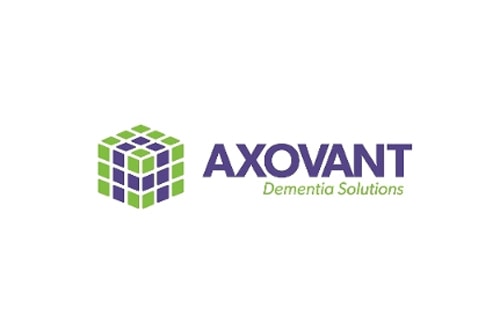 Axovant’s phase III trial of Alzheimer’s disease (AD) candidate intepirdine has ended in failure, an outcome that wasn’t unexpected but is still a big disappointment for patients and their carers.
Axovant’s phase III trial of Alzheimer’s disease (AD) candidate intepirdine has ended in failure, an outcome that wasn’t unexpected but is still a big disappointment for patients and their carers.
Intepirdine – a serotonin 5-HT6 inhibitor – failed to achieve any of its main efficacy targets in the MINDSET study in mild-to-moderate AD patients, following in the footsteps of Lundbeck’s idalopirdine, which suffered a similar late-stage failure a year ago.
In a statement, New York-based Axovant said intepirdine did not improve symptoms compared to placebo on two widely-used AD symptom measures – the ADAS-Cog and ADCS-ADL scales – promoting a massive sell-off in the company’s shares which fell 70% on the news.
Axovant’s parent company Roivant – set up by biotech heavyweight and former hedge fund manager Vivek Ramaswamy – had this to say about the disappointing results: “Patients and physicians have witnessed an unrelenting series of failures in Alzheimer’s disease trials over the past decade and a half. Regrettably this is one more to add to the list.”
It added however that “the contributions of the trial participants were not in vain: researchers will generate valuable information from the trial that we hope will improve future trials in this area”.
Axovant licensed intepirdine in from GlaxoSmithKline (GSK) in 2014 for a knockdown price of $5m upfront, going public the following year with a $315m IPO that remains one of the largest for a biotech company in recent years.
While most drugs in development for Alzheimer’s disease – and a good proportion of the failures – have targeted the amyloid beta protein found in the plaques seen in the brains of AD patients, 5-HT6 inhibitors take a different approach by trying to boost the effect of current drugs with limited efficacy.
Axovant and Lundbeck had hoped that blocking the 5-HT6 receptor would work in tandem with neurotransmitter-boosting drugs such as cholinesterase inhibitors or NMDA antagonists, which can relieve symptoms but have no effect on the underlying neurodegeneration in the disease. With two failed compounds, that hypothesis looks to be pretty much defunct.
Axovant isn’t giving up on intepirdine entirely just yet, as it still has ongoing trials of the drug in dementia with Lewy bodies (DLB), but analysts said the project is now purely speculative.
“We believe that the fight against Alzheimer’s and other important areas of unmet need in neurology is too important to be derailed by this setback,” said David Hung, Axovant’s CEO.
Aside from the 5-HT6 inhibitor, the biotech is developing a 5-HT2a receptor inverse agonist called nelotanserin in phase II for visual hallucinations and sleep disorders in patients with DLB as well as for Parkinson’s disease dementia (PDD), with two other dementia candidates (RVT-103 and RVT-104) in early-stage development.




